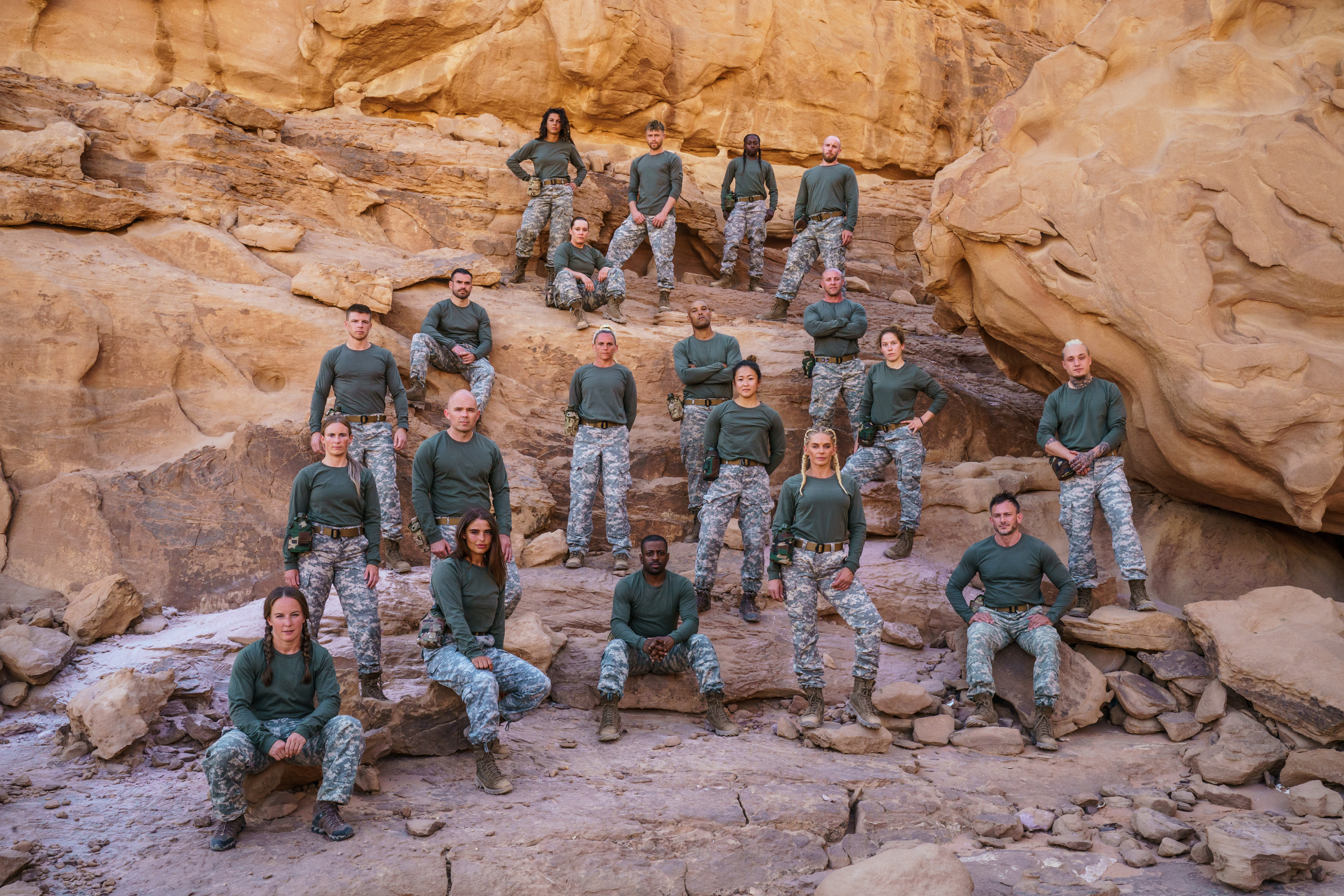
One of the most brutal shows on TV, SAS: Who Dares Wins, is returning to our screen tonight for a brand new series of .
The military training programme on Channel 4 follows a group of recruits as they brave a selection of gruelling physical and and attempt to complete the hardest boot camp on telly.
In reality, viewers only see part of the picture, with a host of other challenging conditions going unseen.
Metro.co.uk previously spoke to series six recruit Rebekah about her experiences on the show.
The 44-year-old solicitor and personal training gym owner took part in the current run of episodes, and proved something to herself before being forced to withdraw due to a returning knee injury.
Here’s everything she told us about the behind-the-scenes experiences on SAS: Who Dares Wins, ahead of tonight’s launch of season seven.
The application and pre-show training is as intense as you’d expect
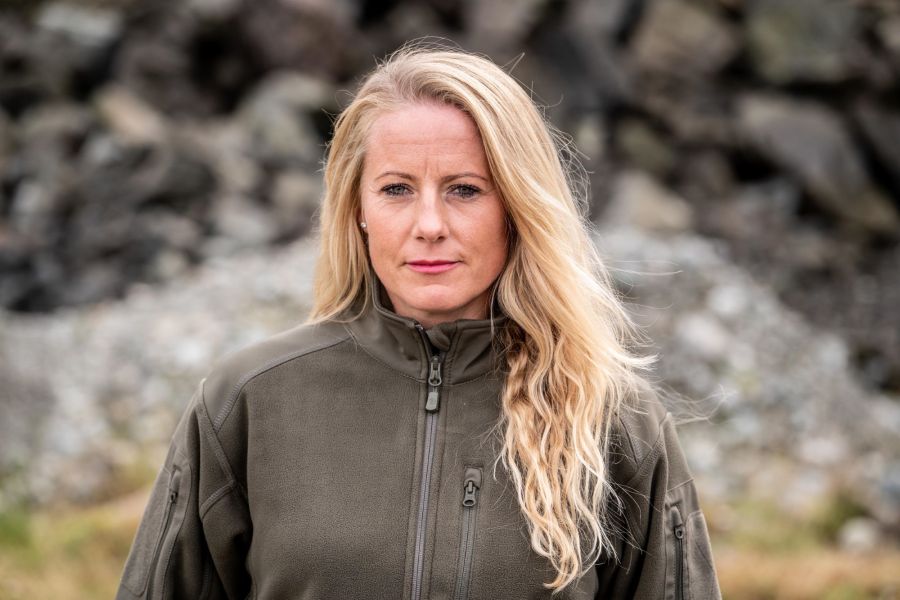
Prospective recruits have to push themselves months before the cameras roll, completing a series of ruthless tests to prove their fitness before being accepted.
‘You have to undergo physical challenges and physical tests, which are bloody hard,’ Rebekah said.
‘I had to complete a mile and a half run in nine minutes and 30 seconds. I was told by my knee surgeon that I’ve never run again, and I haven’t run for years. So that was really challenging because I had an achilles injury at the time.’
She added: ‘You also have to carry 40kgs worth of weight, with 20 kg in one arm, and travel 200 meters with it in less than two minutes. I trained nine times a week in preparation for it.’
Prospective contestants have to dig deep into their past before being admitted
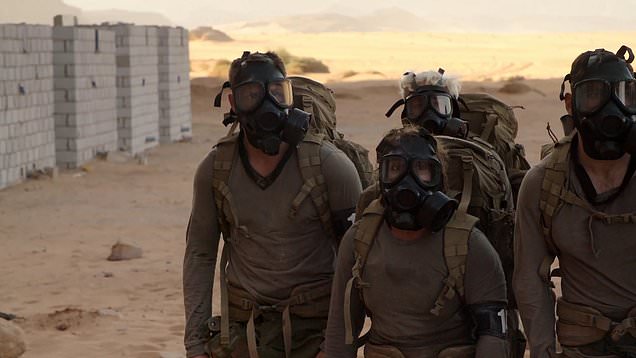
‘The application asks you to go in great detail about your childhood, your upbringing, and the reasons why you’re applying to the show,’ Rebekah says.
‘It wasn’t just about submitting your application form and just doing the physical test. I had various meetings and Skypes with the production team in order to tell your story.’
She added: ‘I would say the application process was really tough. It’s not easy. It’s physically difficult, but also emotionally because it makes you really reflect on your life. It really makes you tap into your emotions far more than you realise.’
The journey to the boot camp sounds absolutely terrifying
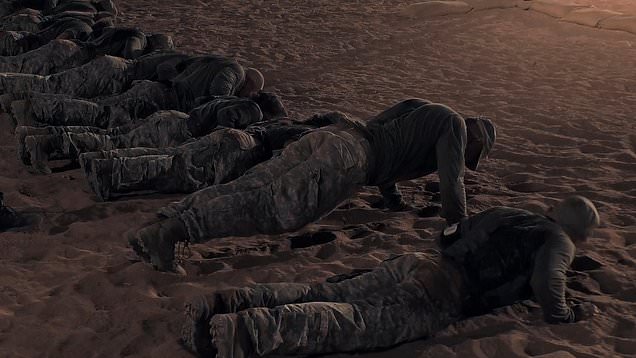
Most reality shows would normally see contestants picked up and driven to hotels in relative luxury. From the sounds of it, though, the journey to the SAS: Who Dares Wins camp is almost as harrowing as the trials themselves.
‘They came at three in the morning for us,’ Rebakah said. ‘We had to drive in the middle of the night to get to a train station where we waited an hour and a half and we were giving our numbers. Nobody knew what was going on. We were shivering with the freezing cold and we were scared. It was raining. They didn’t actually show that.’
After receiving a surprise visit from the instructors on the train, things really stepped up a gear.
‘We had to run down the dark lane, which nobody saw on episode one, and then we were put in a plank press up position for what felt like 10 minutes. Then we had to army crawl down a gravel road, and all of us got shredded to bits. Nobody saw that on the programme,’ Rebekah said.
She went on to say: ‘You’re not allowed to speak. Even the runners and the people with cameras are not allowed to speak to you. There was no conversation and no niceties at all. It’s like you’re a prisoner of war, basically.’
Once in camp, you meet some incredible people
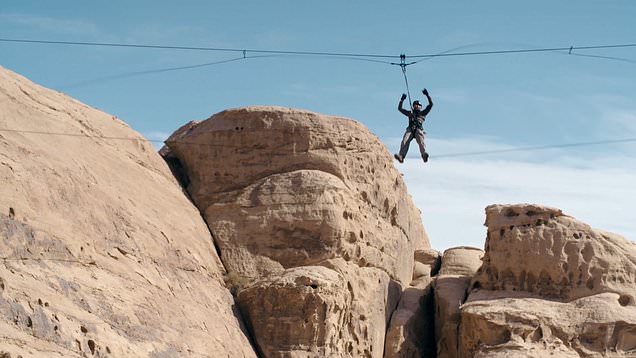
‘One of the things I loved was being part of a bunch of people from all walks of life, that you would never necessarily come across,’ Rebekah explained about her fellow recruits.
‘They’re amazing characters, but their own individual reasons. We had a common purpose, which was we wanted to physically challenge ourselves, but more importantly, emotionally challenge ourselves too.’
There is absolutely no down time behind the scenes – and you have to go to the bathroom in pairs
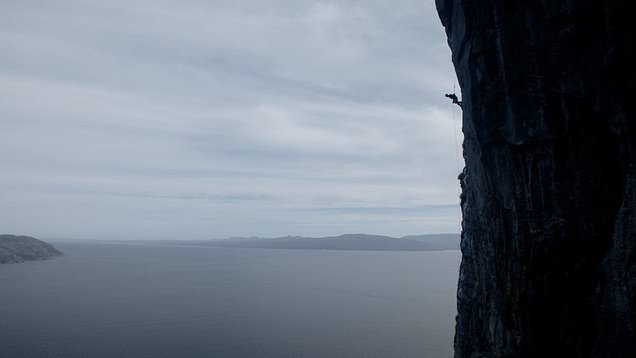
‘I can’t stress enough, every minute in the day, there is no let up,’ she explained. ‘You feel scared all the time, because you don’t know what’s going to happen next.
‘You’re scared because you’re thinking “If I’m even seen to be talking to someone when I shouldn’t be, they’re going to just charge in here and punish me”’.
‘You’d have to do everything in pairs,’ Rebekah says, explaining the rules inside camp. ‘You are allocated certain times to eat.’
‘Even if it’s the toilet, you have to run there with a partner and come back together. There’s always something to do. You’re not just sitting there chilling. I can tell you it is intense.’
The instructors are brutal, but professional
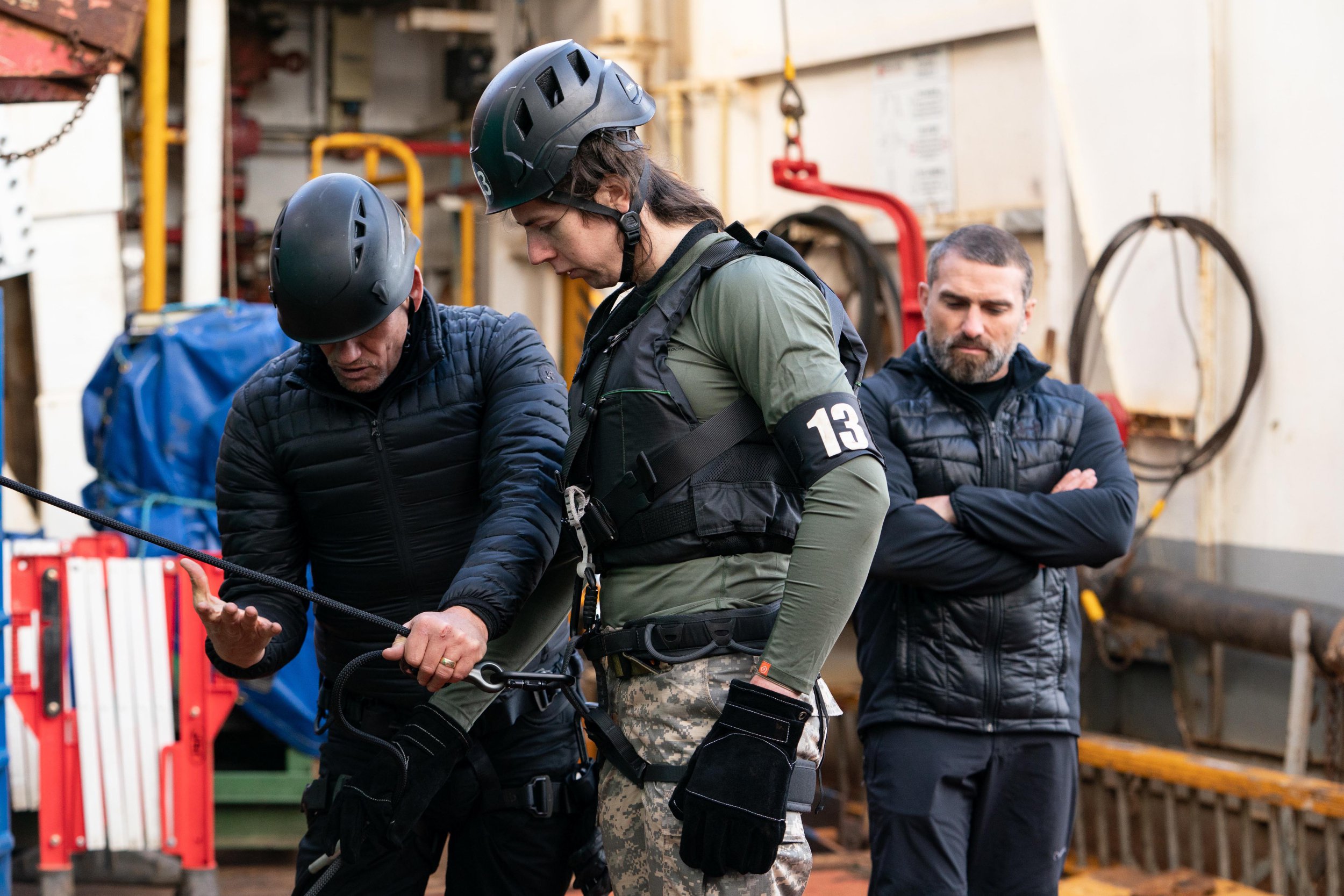
‘I only came across the instructors when I had my introductions interview. It was Billy Billingham that interviewed me. It was really thrilling.’
They spend most of the time screaming ‘motivation’ at the recruits, but Rebekah still enjoyed working with them.
‘I have no negative experiences at all, with any of them. Everything was positive.’
Despite all the physical challenges, it’s the emotional side of things that affect you most
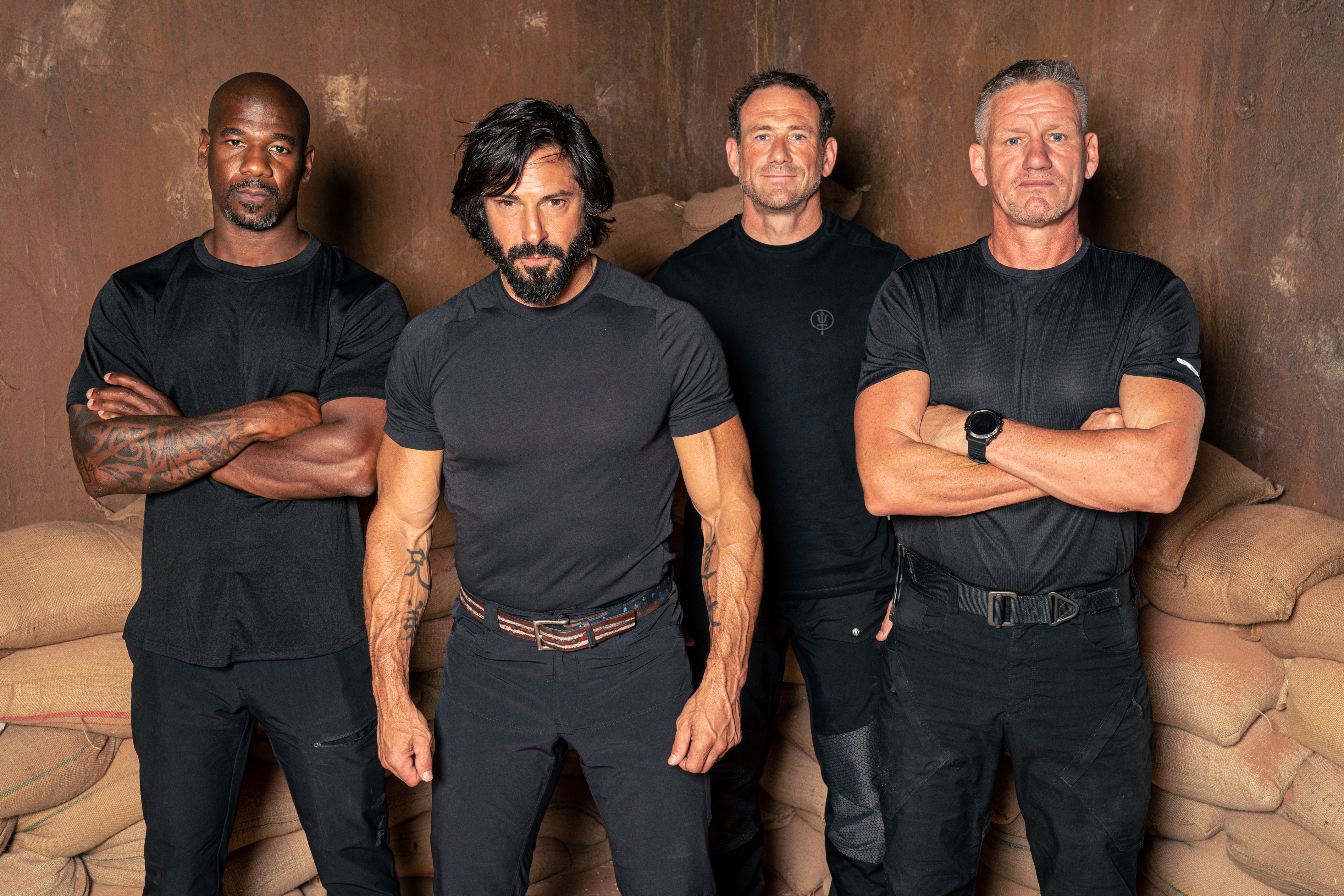
‘It was the emotional journey which absolutely caught me by surprise. It did it for me emotionally in terms of the demons that I was thinking in my personal life more than physically,’ Rebekah said.
‘The show taught me that you don’t have to break yourself emotionally and physically to the point that it’s toxic. It taught me to stand up for myself.’
There’s plenty of aftercare in place for recruits
Rebekah left the show as a result of a knee injury in the second episode, and was impressed with the aftercare she received following her exit.
‘Straightaway I was speaking to a psychiatrist and members of the production team. And they have literally looked after me nonstop, even up until now. So there’s a lot of support.’
Thinking about giving the show a go? Be prepared for one of the toughest things you’ll ever do
‘It is 100 times worse in real life,’ Rebekah said, warning viewers. ‘I just can’t stress that enough. is not for the faint hearted.’
It was, however, a fantastic experience which she describes as ‘life-changing’.
‘I come away a completely different person. All my family, my friends recognised it. I applied for a promotion at work. I’m much more positive and a happy person and not afraid to actually say “no” to things that aren’t right for me. “Liberating” is the best way to describe it.’
SAS: Who Dares Wins season seven airs Sundays at 9pm on Channel 4.




















